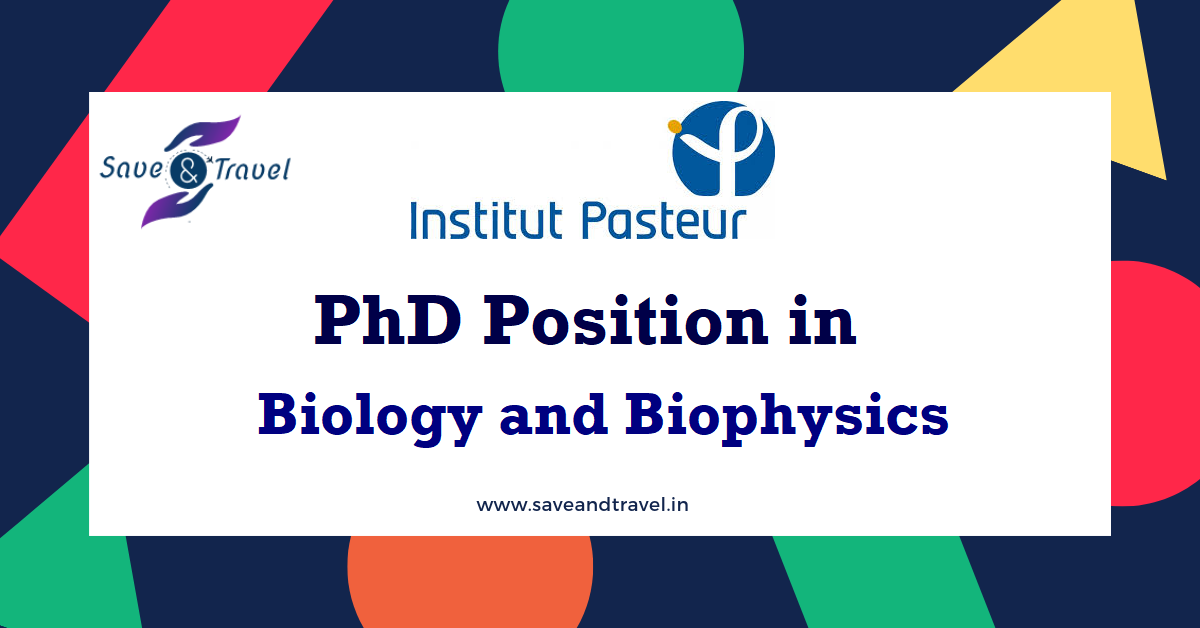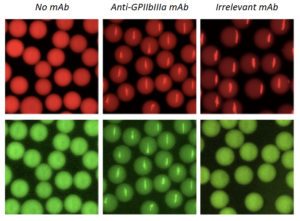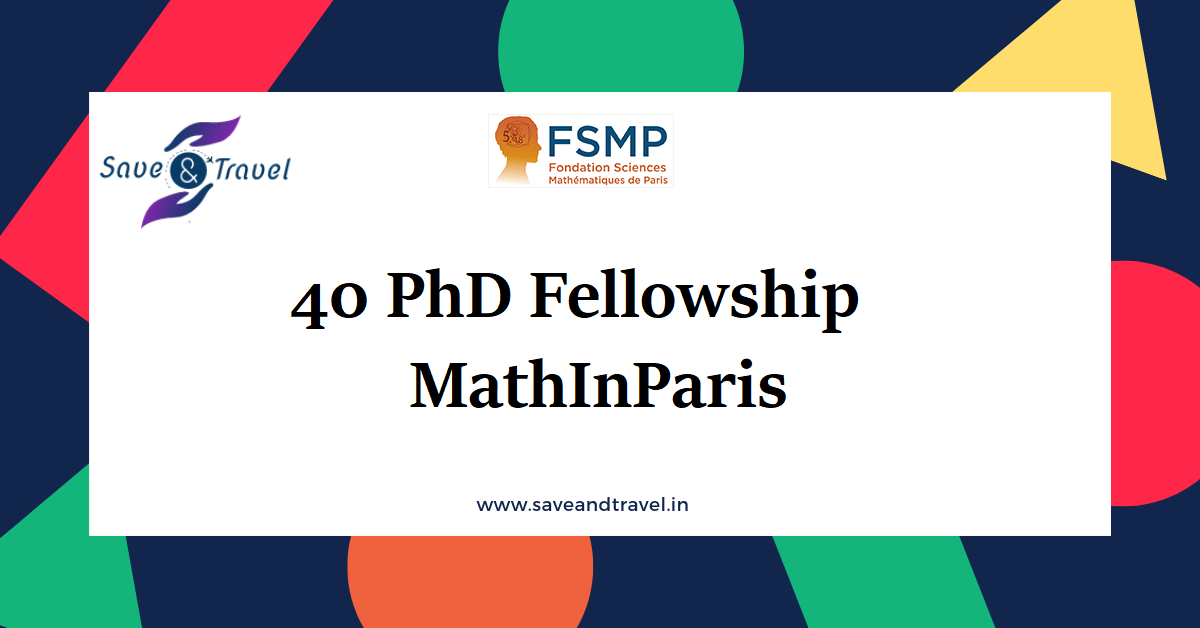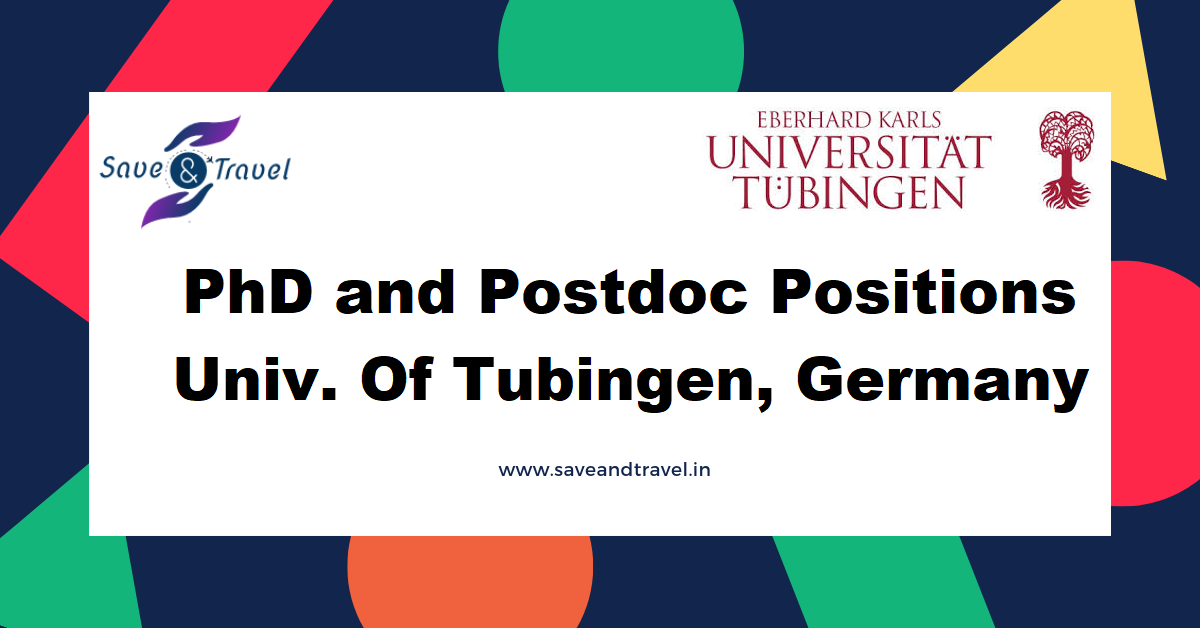
PhD candidate in biology and biophysics: Institut Pasteur
PhD project: Identifying pathogenic autoantibodies in human patients using novel single cell technologies
Autoimmune diseases are a major health problem, but many are difficult to study as relevant samples are rarely available. A unique model of study consists in the different therapeutic outcomes observed in patients treated for immune thrombocytopenia (ITP), an autoimmune disease caused by antibody-mediated platelet destruction. The glycoprotein GPIIbIIIa is a frequent (>40%) target of auto-antibodies. Patients are first depleted of B cells to reduce autoantibody levels and in case of failure (50%), programmed for splenectomy, accompanied by blood sampling and bone marrow aspirates. This allows access to the three major compartments hosting antibody-secreting cells (ASC) to study their anatomical distribution and the affinity for platelet targets to understand resistance to treatment.
Questions: What is the affinity of the antibody secreted by the pathogenic ASC in different compartments from the same individual; Is there a link between the location of these ASC and the affinity of the auto-antibodies they produce? Are identical ASC clones (i.e. secreting the same exact antibody) located in different anatomical compartments?
The study of ASC on a single cell level is possible with the DropMap technology that is based on single cell encapsulation in microfluidic droplets and distribution inside an observation chamber, allowing affinity and secretion rate to be calculated for 10,000 cells at a time. It does not yet, however, allow the identification of the antibody sequence from specific ASC of interest.
Aims: 1) develop a method based on DropMap to label the droplets containing the ASC of interest, to allow their recovery and antibody sequence identification by RNA sequencing; 2) define the affinities of autoantibodies against platelets and their anatomical location; 3) sequence the highest affinity antibodies produced by ASC and study their distribution in vivo.
Goal: Develop a technology to recover and sequence cells of interest to help in the understanding (and diagnosis) of a human autoimmune disease.
NB: This proposal has been submitted to the ED394 project call (auditions 8-10 July 2019).
Co-direction with the team of Dr Jean Baudry (ESPCI-ParisTech, 75007 Paris), and in particular Dr Klaus Eyer.
Application deadline: May 19, 2019
Starting date: Oct 01, 2019.
Duration: 3 years (potentially extensible of 6 months to 1 year).
Candidate: strong background in biophysics/biology required (ENS, Polytechnique, ESPCI, Mines, EPFL, ETH or equivalent), highly motivated to work between the two teams. Both are international teams with english and french as working languages.
Interested candidates should send their CV and letter of motivation to bruhns@pasteur.fr and jean.baudry@espci.fr







